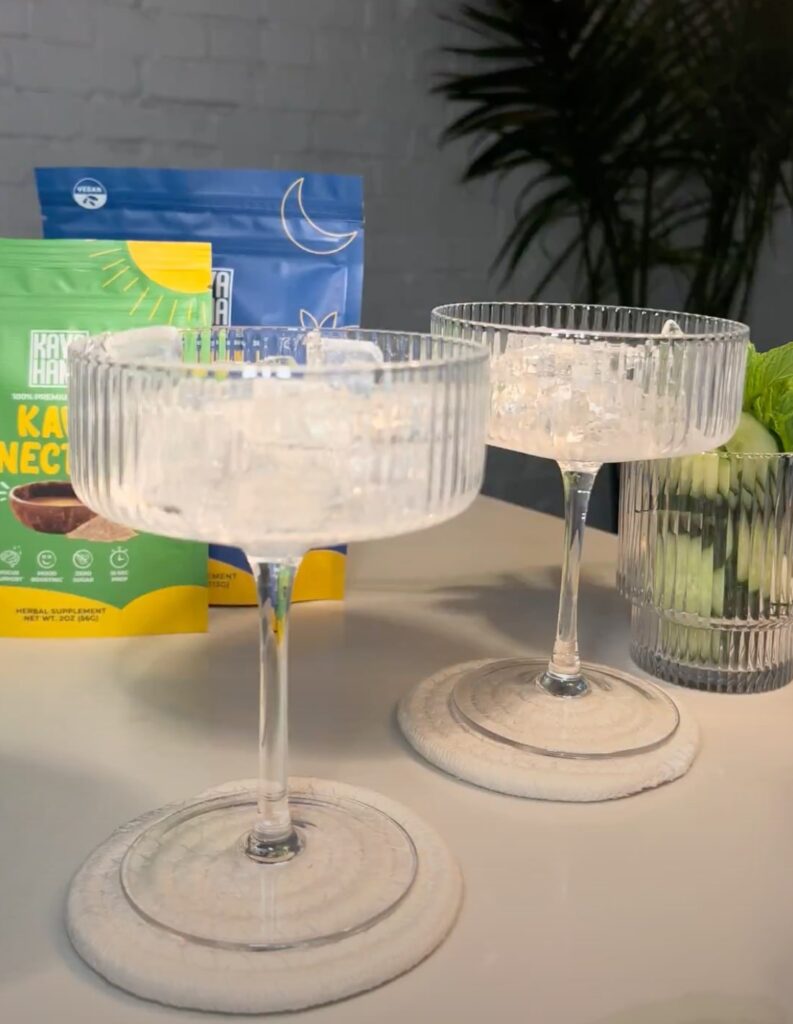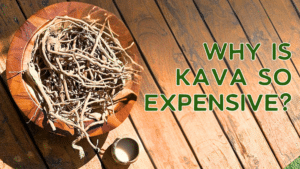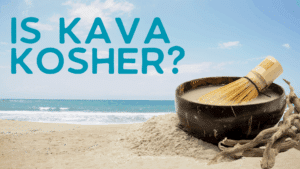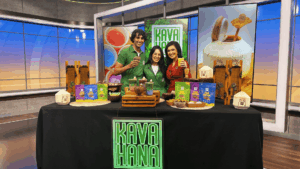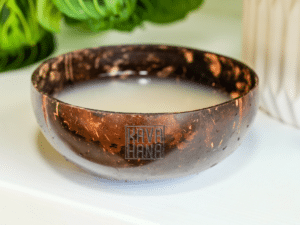People love kava for its calming and social effects, which are very similar to alcohol. This sparks one of the biggest questions we get about kava and alcohol. Does kava make you drunk?
The messaging can be confusing. It’s often compared to alcohol in terms of the effects it has; it makes you calmer and more social, like alcohol does, and is taken to relax and unwind in a similar way as alcohol is. So it makes sense to think that kava can make you drunk, too.
But that is the magic of kava… it doesn’t.
The differences between kava and alcohol
The biggest difference is in how it works in the brain. Kava is made up of kavalactones, the active ingredients in kava. There are many different kinds, and they have slightly different effects. There are over 100 different kavalactones, but six are most commonly found in the kava we drink. How they make you feel depends on which ones are present and their concentration in the kava you’re drinking.
Some people report feeling something like being “high,” but those are actually feelings of deep relaxation and well-being. Research shows that kava has no actual hallucinogenic or psychoactive properties. The feelings of deep relaxation and well-being you experience from kava come from how it acts on the gamma-aminobutyric acid, or GABA, neurotransmitter system in the brain.
On the other hand, alcohol starts by making you feel calm and relaxed. The problem is that most people drink beyond that level, which is when it can impair your judgment, speech, and cognition; that is how your brain works and how you can think. This is the feeling of being drunk. Unlike kava, alcohol has more significant effects on your brain and leaves you with a hangover as a bonus.
So, while kava and alcohol seem to be similar, they are actually quite different and affect us in different ways.
The role of neurotransmitters
Neurotransmitters are the chemical messengers that communicate signals from your brain to different parts of your body. Both kava and alcohol affect the same neurotransmitter system, gamma-aminobutyric acid, more commonly known as GABA. The GABA system is an inhibitory system, which means it makes you feel relaxed and calm when activated. Kavalactones act directly on the GABA system. This increases the amount of GABA in your brain, giving you the calming and refreshing effects kava is known for.
When it comes to alcohol, it’s double trouble for the brain. It boosts both GABA (inhibitory activity) and decreases excitatory brain chemicals. This means that there are two ways brain activity is being lowered when you drink alcohol. This double whammy of effects is what leads to slurred speech, imbalance, delayed thinking, and the other cognitive issues we get when we drink beer, wine, and spirits. Research shows us that alcohol also affects the emotional centers of the brain and your emotional regulation. Specifically, one study reports alcohol can lower your ability to read and process emotions correctly. This may be why we often see anger and aggression alongside drinking.
The takeaway of kava and alcohol
While you can’t get drunk from kava, research does suggest that different kava preparations can affect its potency. Smaller doses can leave you feeling calm, refreshed, and social, while drinking higher doses may make you tired and affect your fine motor skills. These higher doses can also make you very tired and aren’t recommended as they can impair your ability to drive.
So, like alcohol, it’s important to know your limit and how it affects you before you feel impaired. That being said, it takes a lot more to get to the point of not being able to drive than alcohol.
* Please note that the majority of kava research pertains to kava extracts, which often undergo significant processing and may contain additional ingredients and fillers that can influence their efficacy. It is crucial to consider this distinction when reading about kava studies. To draw an analogy, enjoying natural kava as a beverage can be likened to experiencing a freshly brewed cappuccino, whereas kava extracts are akin in functionality to a caffeine pill. Both forms have their unique benefits and can cater to different preferences and needs. While it’s helpful to understand research on kava extracts, please view it critically and remember that natural kava offers a uniquely holistic experience.

